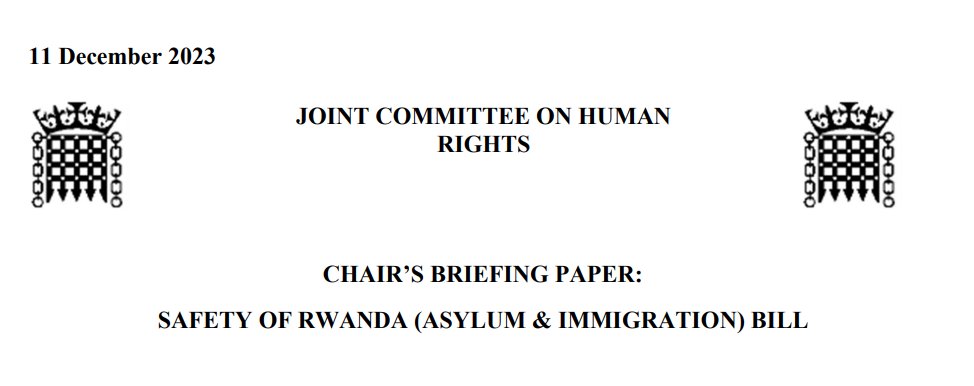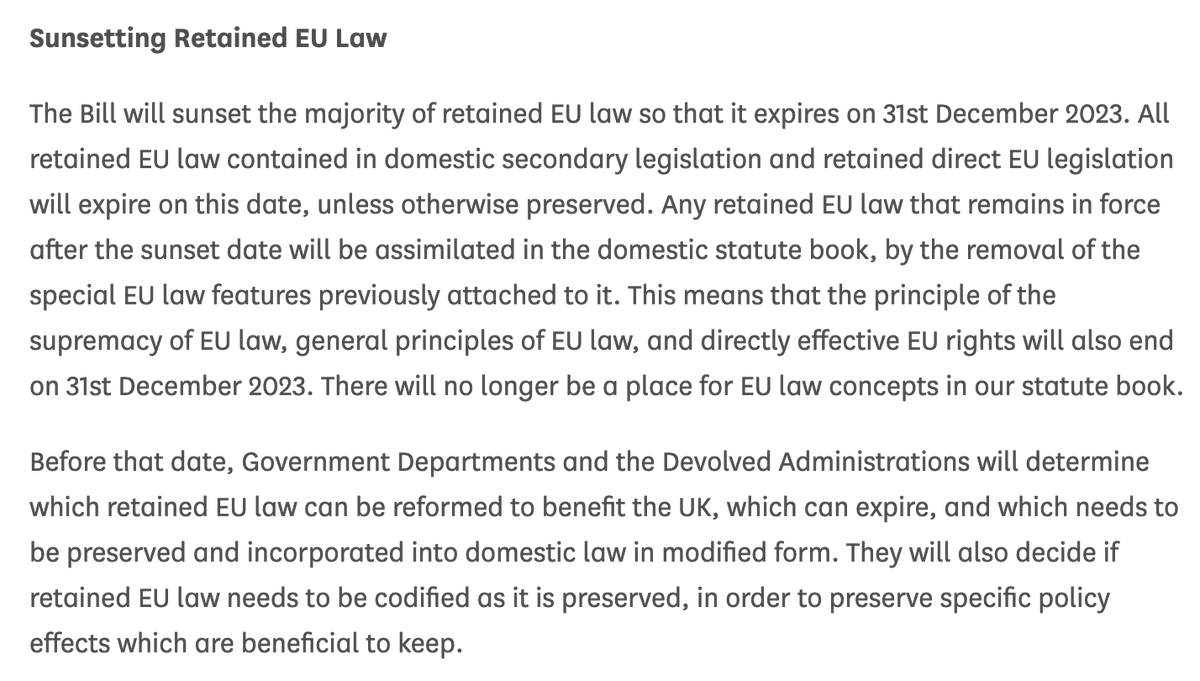
Professor of Public Law, University of Cambridge. Fellow, St Catharine's College, Cambridge. Author of https://t.co/aswwmsSgnC
7 subscribers
How to get URL link on X (Twitter) App


 If it really is the case that the CPS dropped the case because the Deputy NSA declined to adopt a particular form of words in his evidence, that implies an extraordinarily rigid approach that it will be hard for the Director of Public Prosecutions to defend. /2
If it really is the case that the CPS dropped the case because the Deputy NSA declined to adopt a particular form of words in his evidence, that implies an extraordinarily rigid approach that it will be hard for the Director of Public Prosecutions to defend. /2 

https://twitter.com/Gabriel_Pogrund/status/1975648169422954515Under the (now repealed) Official Secrets Act 1911, as interpreted by the courts (including by the Court of Appeal in Ivanova[2024] EWCA Crim 808, the 'enemy' in question must have been an 'enemy' at the time the offence was committed. That much is uncontroversial. /2



 2. The Committee notes that if Rwanda remains unsafe, the effect of the Bill would be to permit removals nevertheless and to prevent courts from stopping them, thus breaching Articles 3 and 13 ECHR.
2. The Committee notes that if Rwanda remains unsafe, the effect of the Bill would be to permit removals nevertheless and to prevent courts from stopping them, thus breaching Articles 3 and 13 ECHR. 

 2. Key concern relates to clause 4, which permits challenges on individual grounds (as opposed to on the general ground that Rwanda is an unsafe country).
2. Key concern relates to clause 4, which permits challenges on individual grounds (as opposed to on the general ground that Rwanda is an unsafe country). 

https://twitter.com/DavidGHFrost/status/1733989825022226579Indeed, one of the leading theoretical accounts of parliamentary sovereignty, published by Sir William Wade in the Cambridge Law Journal in 1955, insists that the sovereignty of Parliament lies 'in the keeping of the courts'. (2)



https://twitter.com/StevePeers/status/1572939407207931904The Business Secretary says in his statement that: 'There will no longer be a place for EU law concepts in our statute book.' /2





https://twitter.com/pippacrerar/status/1546874218683531264The position in terms of constitutional convention is absolutely clear: according to Erskine May, the most authoritative statement of parliamentary procedure, the Government always accedes to Opposition requests for no-confidence debates. /2 erskinemay.parliament.uk/section/4683/c…

https://twitter.com/suellabraverman/status/1546736112047198210First, as I noted yesterday, withdrawing from the ECHR would be incompatible with the Good Friday Agreement, which @SuellaBraverman claims is so important that the Northern Ireland Protocol should be breached in order (as she sees it) to protect the GFA. /2

https://twitter.com/suellabraverman/status/1546375111020003331Second, it implies the NI Protocol can be ‘improved’ by enacting domestic legislation. It can’t. Domestic law cannot and will not change the terms of an international treaty. The NI Protocol Bill will breach, not amend or ‘improve’, the Protocol. /2 publiclawforeveryone.com/2022/06/13/the…
https://twitter.com/sebastianepayne/status/1545446272240422917The tool is available and, as I explain here, can be used without necessarily triggering a general election. It is not that the constitutional instrument for dealing with the current situation is lacking: it just needs to be used. publiclawforeveryone.com/2022/07/07/bor…
https://twitter.com/profmarkelliott/status/1544787546659602434

https://twitter.com/BHigginsonUK/status/1542094633760702465If Art 16 NIP were invoked, it is far from clear to me that it would enable any, and certainly not all, of the things to be done that the NIP Bill proposes. (Boyle oddly, and in my view unsustainably, contends that the Bill envisages modest departures from the NIP.) /2